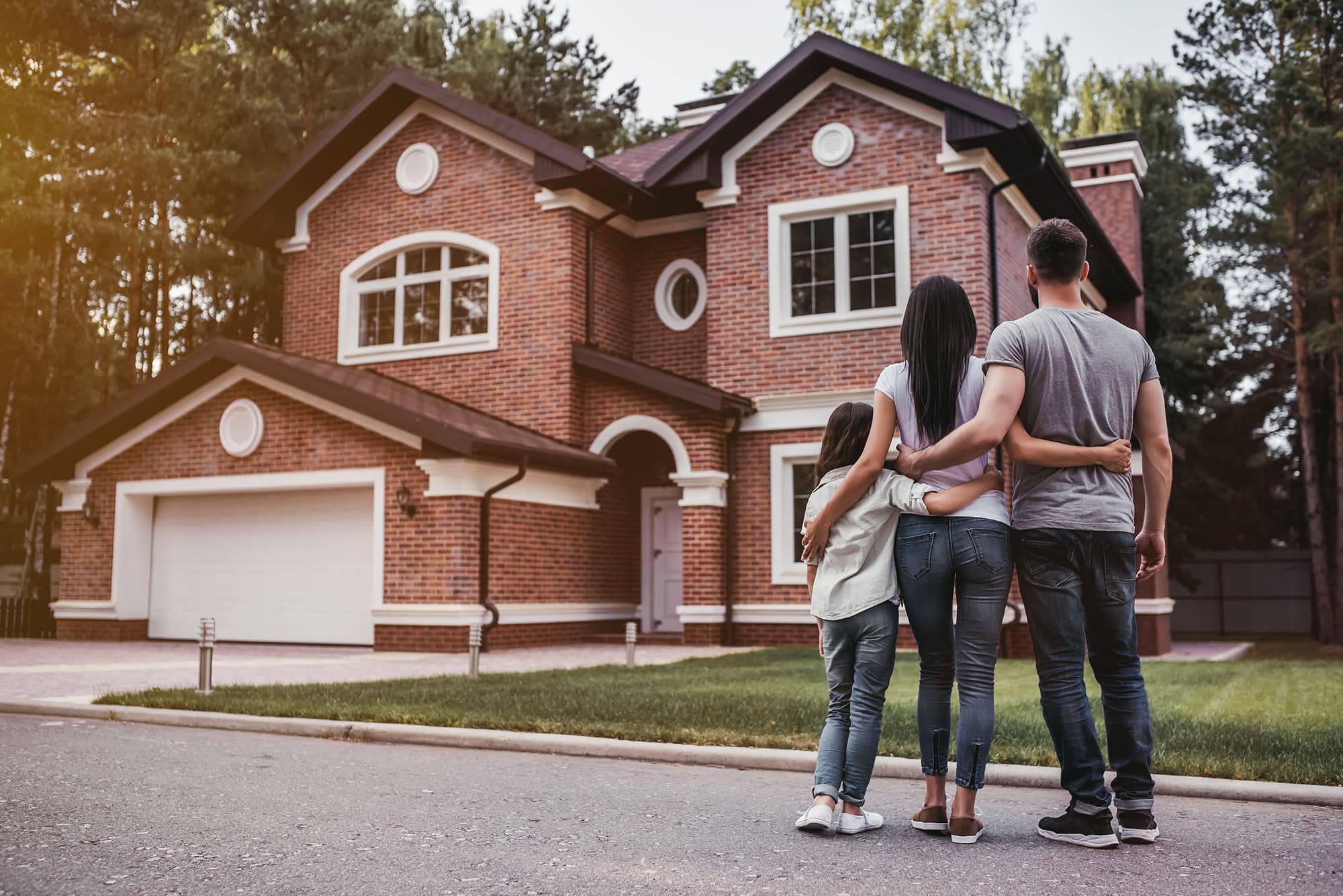
Foreclosures are on the rise. Interest rates have gone up and are not likely to go down. Your property taxes have increased. You are struggling to make your mortgage payments and still buy food. Now what? There are some options that can help. Bankruptcy is one of those options.
There are two chapters of consumer bankruptcy. Chapter 7 – discharges all of your dischargeable debts with no payback of those obligations. Chapter 13 – discharges all of your dischargeable debts with some payback or total payback and can allow you to use the Bankruptcy Court to pay missed payments to your mortgage holder over up to 5 years.
If you are not behind on your house payment but paying it and all of your credit card and medical bills is overwhelming, and you may fall behind, Chapter 7 is an option. When you file a Chapter 7 bankruptcy and you are granted a discharge, it eliminates your medical, credit card, payday loans, online loans, and some tax obligations. It also discharges your obligation on the Promissory Note for your house, but it does not remove the mortgage. As long as you continue to pay your house payment on time and in full, you will be able to keep your home. You will eliminate the other debt, so keeping your house will be easier. If you want to abandon your house without financial liability, a Chapter 7 is the option you want to use.
If you are behind on your house payments but want to keep your house, then Chapter 13 is the best bankruptcy option. A Chapter 13 is usually an income-based bankruptcy decision – you make too much money to qualify for Chapter 7 – but it is used to protect your home and your car if you are behind on payments. If you decide to keep your house, then in Chapter 13, you will have to be able to pay the current house payments and pay the total amount of the arrearage (the amount you are behind) within a 5-year period. If you complete the Chapter 13 Plan, you will be current on your house payments, and all of the arrearage will be paid. You will continue with paying off your house after the bankruptcy discharge. Depending on your annual income, you will be able to discharge your credit card, medical debt, payday loans, etc., either in full or in part.
Bankruptcy can help you protect your ability to make your house payments, catch up on your house payments, or help you rid yourself of your house and your financial obligation. Get in touch with us today to learn more about your options.
